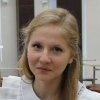Third year Bachelor's student
Studies and University Life in the Czech Republic: Student Exchange
This is my second blog about my exchange semester in a small Czech city called Zlin. Today, I will tell you about my host university. You will know about amazing university’s buildings, as well as lectures, labs and exams. Read my first blog here.
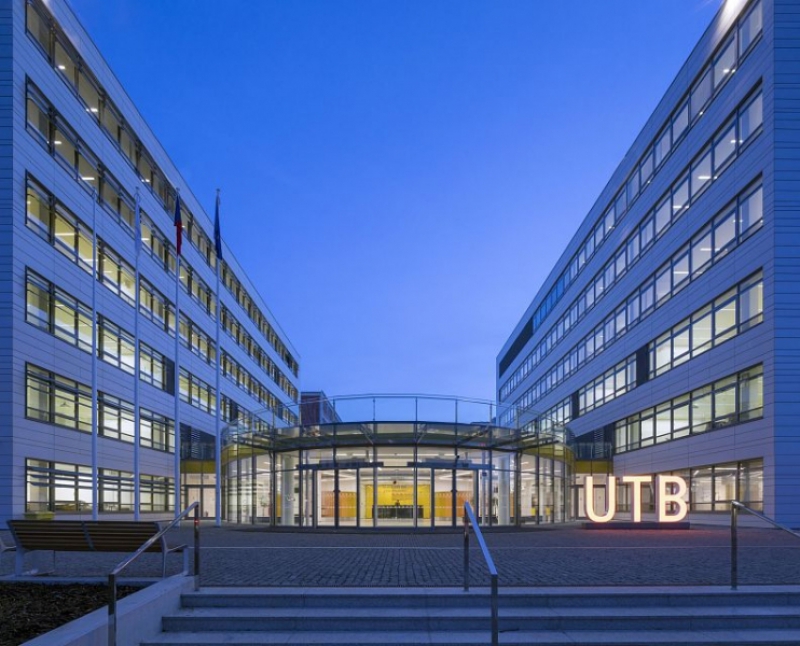
As I shared in the first post, Zlin is a modern city of students, so Tomas Bata University is really neoteric. It has a lot of modern buildings which are internally well thought-out. Occasionally everything seemed unreal to me, because these buildings look like as if they were drawn by software for visualizing projects of the future.
The main building, where we had the first meeting is shown above, and the inside of the building is below.
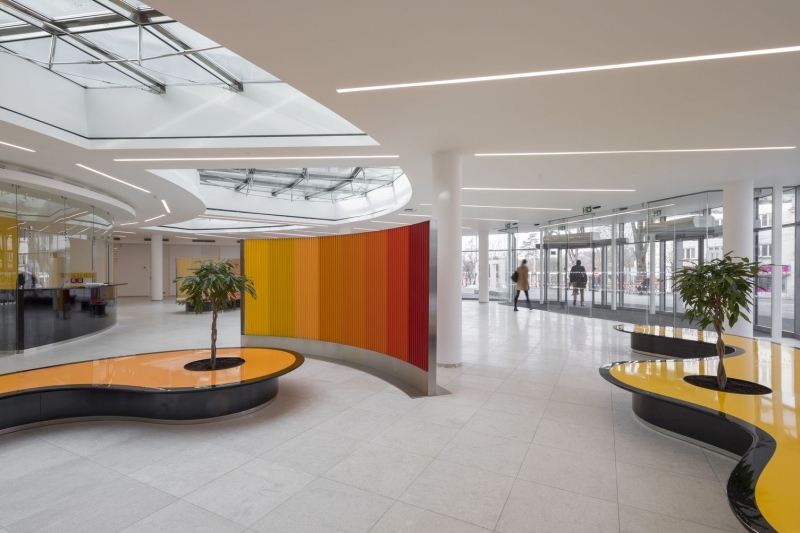
Do you want to see a photo of the lecture hall? Here it is.
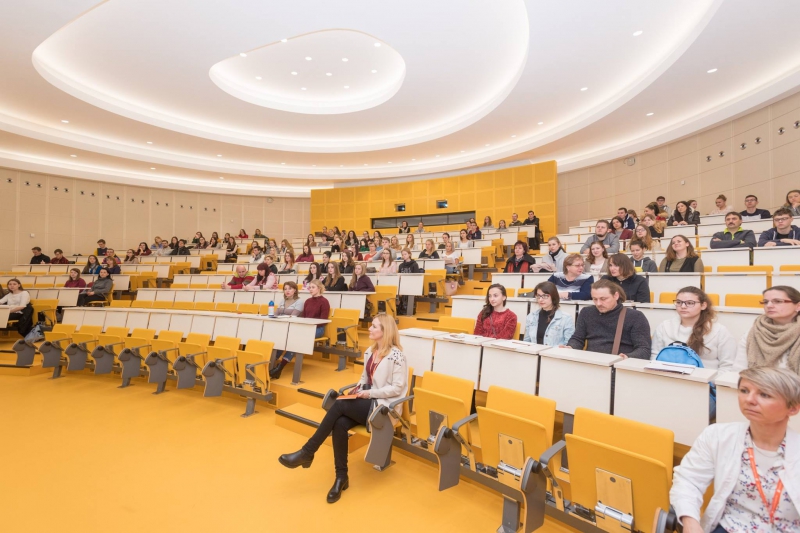
Library
It’s my pleasure to tell you about my favorite place — the university’s library.
The library is amazing and you really don't want to leave it. You can find everything you need: the best books from all over the world, free access to world digital libraries, a lot of computers, tables, soft chairs, meeting room, free drinks, snack machine. whatever you want! The library is placed on 4 floors and occupies almost the entire building.
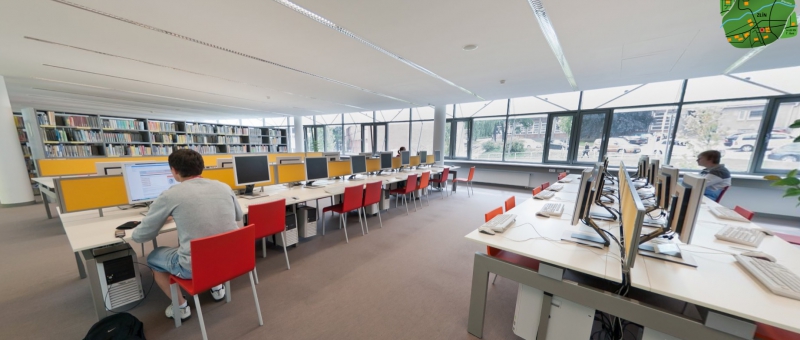

My study
Now I am going to show you the Faculty of Technology, where I spent almost all term.
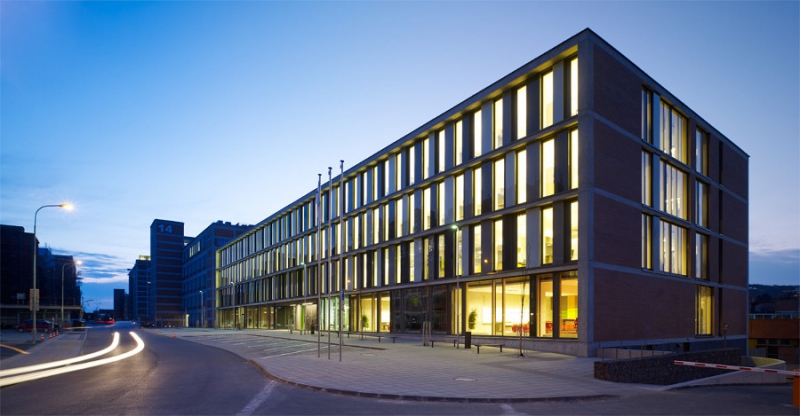
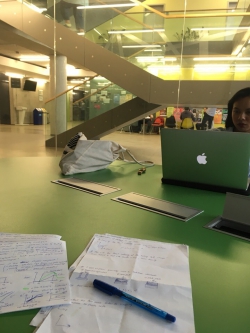 Designers created a Silentium Room in this building. It’s a small and cozy part of the floor with a glass partition. Students can study here in silence. In this photo I am studying in the room with my French friend Arisoa.
Designers created a Silentium Room in this building. It’s a small and cozy part of the floor with a glass partition. Students can study here in silence. In this photo I am studying in the room with my French friend Arisoa.
I enjoyed my laboratory classes, because they were really exciting. As you can see, classrooms are well-equipped and comfortable to work. You can see my work places in photos: they were always clean and spacious and I always had all the necessary tools, instruments, and reagents. Besides, students had to prepare a lot for labs. We had to read all the theory and practical aspects, examine necessary equipment and do all the relevant calculations before coming to the lab itself. Every subject involves 8−9 labs and they usually last 4 hours and consist of several parts. Therefore, I read a lot of new things and immediately got to put them into practice. In addition, such an approach was very productive, because I already knew a lot before the actual classes. After my exchange term I realize that doing labs without such extensive preparation is useless.
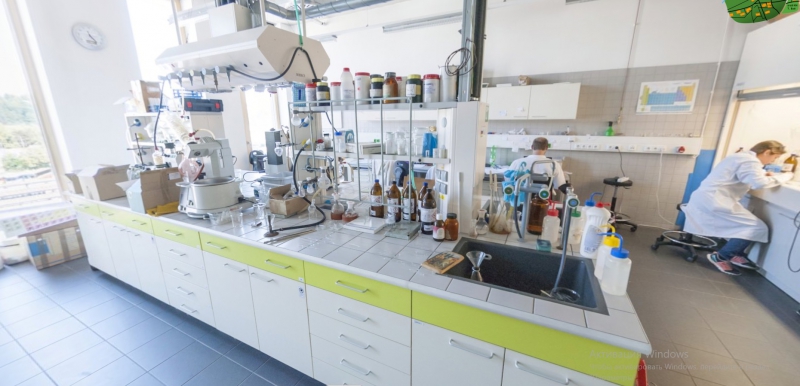
How did my lectures go?
Even those whose English level is pretty high tend to be afraid of going to study abroad. My own experience has shown that they needn’t. First, students are always provided with lab and lecture materials and ppts. It really helps to get prepared to classes, learn new terms and words and formulate questions to ask. Working with literature and lab materials greatly increase the quality of students' knowledge. Moreover, teaching a prepared audience is more rewarding and motivating. Second, teachers realize that foreign students may not know some words, expressions or terms, so students are welcome to clarify the meaning on-the-spot and be sure the teacher will explain.
One of the most remarkable features is the class length. Normally class lasts 4 hours. Every subject involves 8−9 labs consisting of several parts. At the same time, the number of lectures is only 3, but they take 3−4 hours. For a Russian student this approach to a syllabus can seem both surprising and exhausting.
Comparing to a bachelor’s course in Russian education in a Czech university gives too much general knowledge. Czech students study many fields tenenously. Their specialization will acquire narrower focus if they decide to do a Master’s degree. Therefore, my advice is to apply for several subjects from the Master’s program. Otherwise, you might find out that you are studying something very-very general that refers to everything and nothing at the same time.
Exams
I practically didn’t prepare for exams, because it seemed to me that I still remember everything and there was nothing to repeat. In my opinion, it’s an indicator of the efficiency of the system. There were no questions provided in advance (just imagine going to an exam in another language without any understanding what was going to be there at all). At exams I was given exam sheets similar to our exam questions (for example, describe the production of gelatin in detail). I usually had to answer 4 questions.
To be honest, I surprised myself as I didn’t expect that I really remembered it all. It turned out that all the material was clearly structured in my head. Then there was always a conversation with the teacher for about 40 minutes. In the end, I got excellent grades!
Summing up, I cannot say that it was extremely difficult because I was really into studying. At the same time it wasn’t too easy as I spent a lot of time reading for classes. I can definitely say that my experience was really exciting and rewarding!
